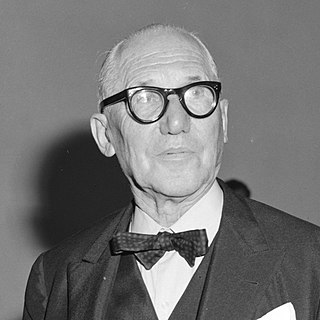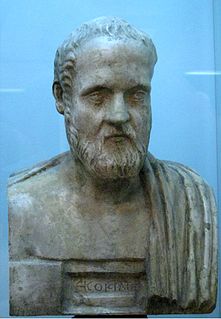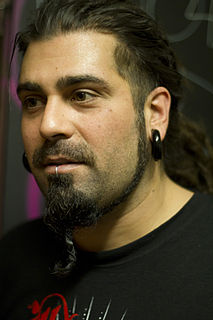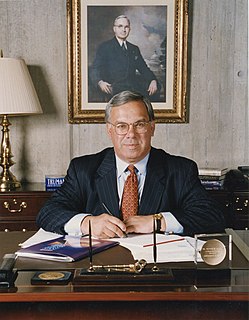A Quote by Eduardo Paes
The city of the future is a city that cares about its citizens and integrates its citizens.
Related Quotes
Do you know what Agelisas said, when he was asked why the great city of Lacedomonie was not girded with walls? Because, pointing out the inhabitants and citizens of the city, so expert in military discipline and so strong and well armed: "Here," he said, "are the walls of the city," meaning that there is no wall but of bones, and that towns and cities can have no more secure nor stronger wall than the virtue of their citizens and inhabitants.
It's not as though there aren't many, many art works and many other cultures, but there was something special about the civic nature of the Greek theater. All the citizens stopped working. They came into these theaters. It wasn't like a Broadway theater where you sit in the dark and you expect to be passively entertained. You're in this theater, amphitheater, in bright sunlight looking at your fellow citizens, recognizing their faces, and thinking with them about the future of your city. I think very few cultures have had a theatrical tradition that is quite so civic.
An initial impulse of mine was to portray the way in which a city is impacted by war. But this is vague, no? After all, how do you actually have an entire city - or country, for that matter - be a character a reader can follow? One way is by making it smaller and personalizing it, by writing specifically about the citizens and the way they contend with the reality, even minutiae, especially minutiae, of their lives.
When we speak of the origin of western democracy it's precisely here, in this territory that the modern definition of democracy first emerged in city/states known now as Greece. This was coming from a society in which 30 thousand citizens had rights and 300 thousand were slaves and citizens without rights that lived in this territory. So that was the concept of western democracy; some citizens had the prerogative of exerting their civil and political rights while the others had none.
The citizens of a city are not guilty of the crimes committed in their city; but they are guilty as participants in the destiny of [humanity] as a whole and in the destiny of their city in particular; for their acts in which freedom was united with destiny have contributed to the destiny in which they participate. They are guilty, not of committing the crimes of which their group is accused, but of contributing to the destiny in which these crimes happened.
It is as though the practices organizing a bustling city were characterized by [city practitioners', everyday citizens'] blindness. The neworks of these moving, intersecting writings compose a manifold story that has neither author nor spectator, shaped out of fragments of trajectories and alterations of spaces: in relation to representations, it remains daily and indefinitely other.


































